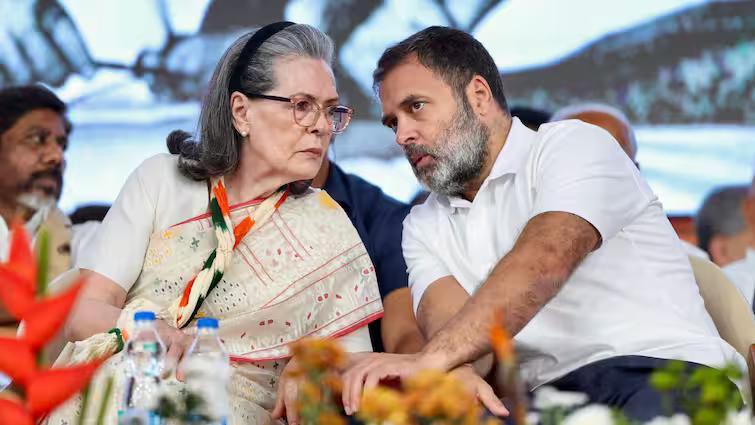
Classic Case of Money Laundering: ED on National Herald Case
The Enforcement Directorate (ED) has urged a Delhi court to take cognisance of its chargesheet in the National Herald case, calling it a “classic case” of money laundering. The agency has accused Sonia Gandhi, Rahul Gandhi, and others of conniving to launder money through Associated Journals Limited (AJL), the publisher of the National Herald newspaper.
In its chargesheet, the ED has alleged that “sham” transactions took place between AJL and Young Indian Private Limited (YIPL), a company controlled by the Gandhis, with the consent of Sonia and Rahul Gandhi. The agency has claimed that these transactions were aimed at converting black money into white, making it a classic case of money laundering.
The ED’s chargesheet was filed in August 2020, and the agency has been pushing for the court to take cognisance of its findings. The agency has requested the court to summon the accused, including Sonia and Rahul Gandhi, to face trial.
The National Herald case dates back to 2010, when AJL, the publisher of the National Herald newspaper, was facing financial difficulties. In 2011, AJL and YIPL, a company controlled by the Gandhis, entered into a partnership agreement, under which AJL would transfer its assets to YIPL. The ED has alleged that this agreement was a sham, and that the real intention was to convert AJL’s assets into black money.
The ED has claimed that YIPL was formed to take over the assets of AJL, and that the Gandhis were aware of the transactions. The agency has alleged that Sonia and Rahul Gandhi were involved in the decision-making process, and that they had conspired to convert black money into white.
The ED’s investigation found that AJL had accumulated a loss of over Rs 90 crore, and that YIPL had taken over the assets of AJL without paying any consideration. The agency has alleged that this was a clear case of money laundering, and that the Gandhis had connived to convert black money into white.
The National Herald case is not the first instance of money laundering allegations against the Gandhis. In 2017, the ED had attached properties worth over Rs 1,000 crore allegedly linked to the Gandhis and their associates in a money laundering case. The ED had claimed that the properties were the proceeds of crime, and that the Gandhis had laundered black money through a network of companies and trusts.
The Gandhis have denied any wrongdoing, and have claimed that the ED’s allegations are baseless and politically motivated. However, the ED’s chargesheet in the National Herald case has raised serious questions about the involvement of the Gandhis in money laundering.
The National Herald case is a classic case of money laundering, where offence is made against all accused, including Sonia and Rahul Gandhi. The ED’s chargesheet has highlighted the alleged connivance of the Gandhis in laundering money through AJL and YIPL. The case is a reminder that money laundering is a serious crime, and that those involved in it will be held accountable.
The ED’s investigation has been ongoing for several years, and the agency has collected a large amount of evidence against the accused. The agency has claimed that the evidence is sufficient to prove the guilt of the accused, and that the court should take cognisance of its chargesheet.
The National Herald case is a significant development in the ongoing investigation into the financial dealings of the Gandhis. The case has raised serious questions about the involvement of the Gandhis in money laundering, and has highlighted the need for transparency and accountability in financial dealings.
In conclusion, the ED’s chargesheet in the National Herald case is a classic case of money laundering, where offence is made against all accused, including Sonia and Rahul Gandhi. The case highlights the alleged connivance of the Gandhis in laundering money through AJL and YIPL, and is a reminder that money laundering is a serious crime that will be held accountable.
Source:






